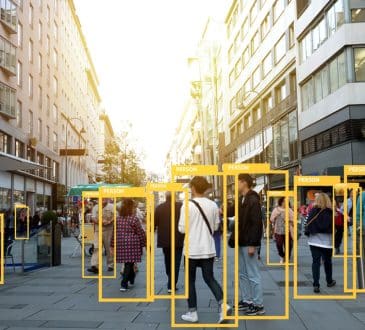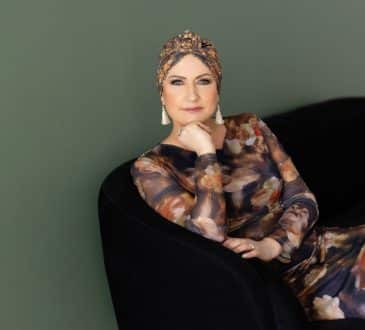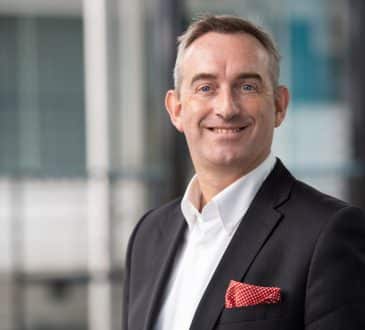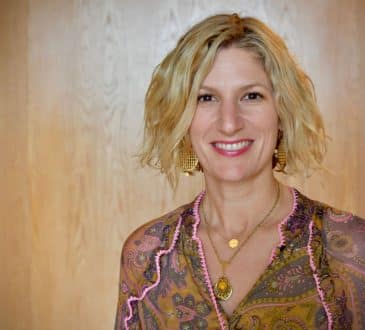Influence On Other People – Scientifical Evidence For A Mature Approach

Researchers have recently attempted to evaluate how influence on social networks can expand and reach people with who we have absolutely no connection. According to their research, each one of us has three degrees of influence. To make it easier to talk about it, they named the whole phenomenon the three-degree rule. This practically means that our interactions are not as wide as we would expect, implying that we can only reach people who are ”three people away” from us. Today we will talk about why scientists believe that the influence is so limited in a world that is so technologically advanced.
To start with, our effect on others may fade like a water wave, which creates a small stone that we throw on the calm surface of a lake. As the stone hits the surface, it displaces a volume of water. Still, the energy of the created wave dissipates over a larger and larger surface as this propagates. At the social level, respectively, the accuracy of the transmitted information is declining, as in the example of the water wave. So, suppose you quit smoking or join a political party. Until this information reaches the friend of your girlfriend’s friend’s girlfriend, it may no longer be accurate or reliable. This explanation we call inherent attenuation.
Secondly, the influence may gradually disappear due to the inevitable evolution of the network, which makes links beyond three degrees unstable. Ties in a network are not forever. Friendships are breaking down. Neighbors are moving in. Couples break up. People are dying. The only way to lose direct contact is to lose the bond between the two parties. For a person who is three degrees away, however, it is sufficient to cut any of the three links so that at least one avenue of communication is lost. Therefore, on average, we do not have stable bonds with people that are four degrees apart from us, given the instability of intermediate bonds. We call this explanation network instability.
Moreover, evolutionary biology may play an important role. People seem to have evolved into small groups, in which each individual could be connected with all the others by abstaining three degrees or less. It is useful to know who our enemies are, who our friends are, who needs our help, and who can help them. It is also helpful to influence other team members so that they follow our behavior. However, we have not lived in large groups long enough for evolution to favor individuals who can extend their influence beyond the three degrees. In other words, it is not easy to influence people who are four degrees away from us because, in our past as hominids, there were no people around us who were four degrees away from us. We call this explanation an evolutionary purpose.
It seems possible that all these factors play a role. Regardless of the reasons, the three-degree rule is an important part of how human social networks work. It still limits our interconnect ability, even though technology gives us access to so many people.
While this inherent limit certainly limits us, we should not forget how small the world is. After all, although we are limited to three degrees, the range of our influence on others is important. Thanks to the structure of social networks, most of us connect with thousands of people. Consider, for example, that you have 20 social contacts, including five friends, five colleagues, and ten relatives, each with a similar number of close contacts. This means that you are indirectly connected to 400 people at a distance of two degrees of separation. And your influence does not stop there: one step below, in the third degree, you are associated with 8.000 people.
To conclude, the observation that there are three degrees of influence shows how contagious we are. Qualities like connection and transmission are the structure and function of social networks. It is the anatomy and physiology of human Superorganism, and sociology has a lot of useful and controversial ideas to provide in the future.
Have you read?
Advanced Techniques for Optimizing PDFs with a PDF Editor.
Keter CEO Alejandro Pena Says a Consumer-First Ethos Drives the Outdoor Furniture Firm.
MSM Performance Academy’s Coach Leo Goldman is Helping Transform Youth Sports.
Use AI to Re-Examine Your Value Proposition by Leo Bottary.
The Future of Amazon by Robin Gaster Ph.D.
Bring the best of the CEOWORLD magazine's global journalism to audiences in the United States and around the world. - Add CEOWORLD magazine to your Google News feed.
Follow CEOWORLD magazine headlines on: Google News, LinkedIn, Twitter, and Facebook.
Copyright 2025 The CEOWORLD magazine. All rights reserved. This material (and any extract from it) must not be copied, redistributed or placed on any website, without CEOWORLD magazine' prior written consent. For media queries, please contact: info@ceoworld.biz











